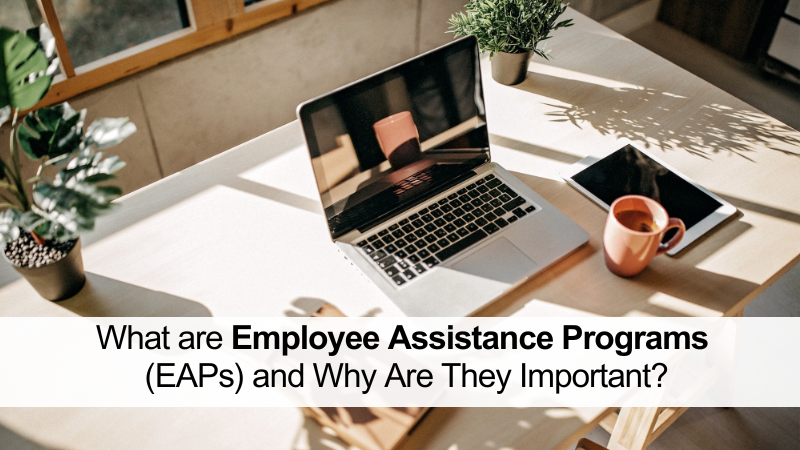Healthy Workplaces: What do you do when you hear that remark, that’s said as if it’s just fun, but it cuts you to the quick? It wasn’t necessarily making fun of you personally, just of people generally who are maybe slower to learn, or struggling to control their weight or needing additional time off work because of a mental health condition. And you know you fit the category. Do you hide your feelings and laugh along, do you get angry and say something, or do you shrink a little and hide?
The thing is we all have a choice – about what we say and about how we respond. What do you want to stand for as a worker? It is your response and actions that count.
In the workplace, we are paid to make thoughtful decisions about our behaviour and our language. Careless, thoughtless language is harmful. It damages trust and relationships in the workplace and without positive relationships, teamwork and productivity suffer.
As if that isn’t enough – careless language can be heard by customers, it reflects an attitude of indifference and lack of respect for others that will make your customers go elsewhere. As an employee or an employer losing customers is always bad news.
So, what is careless language? It is simply language that shows you don’t care about others or your relationship with others. It can be a habit, it can reflect underlying distrust or dislike, it can be a result of prejudice, gender stereotyping, racial stereotyping, disability un-awareness and like picking your nose in public, you diminish yourself by using careless language.
Is there a cure for careless language? Definitely! It is listening to yourself and the people around you. If you hear something that generalises and shows disrespect, tell people clearly, they are not being respectful – or generalising, or negative stereotyping and that it is not appropriate or acceptable in the workplace. You may have to explain that words hurt.
Imagine you hear someone say, ‘look there’s Mr. OCD, fiddling again’, or ‘she’s just off her trolley, don’t pay her any attention. Your choice is to ignore it or act on it. The person being talked about may be a staff member maybe an employee, maybe an employer, maybe a customer.
To a person with a mental health condition, this will feel like an indictment, a personal criticism. If they are not coping well such comments make it even harder to ask for help and cause them to believe they will not get a meaningful conversation about their situation. They may need help but not trust the organisation and not even want to ask for it!
The language that is used in the workplace represents the culture and attitude of the workplace. Healthy workplaces attract and retain good staff and are more productive. The language and relationships in the workplace are a measure of the healthiness of the culture.
The workplace has to encourage positive healthy language to build employee confidence that their health is valued by their employer and their workplace.
- Learn to listen to the language around you in your workplace.
- Remember people can be offended and may need help.
- Take action and don’t use stigmatising language. It is the thin edge of the wedge that leads to alienation, disaffected employees, and lost productivity.
Every organisation has an Employee Assistance Provider, individuals need to be confident in seeking help. Positive, thoughtful language in the workplace fosters positive action for self-help. An EAP provider like ACT Curious EAP can help your organisation overcome stigmatising language. We know that people are sometimes not aware of how their mind works, they are not mindful and don’t act in accordance with the values they want to be and stand for.
If there is stigmatising language in your workplace there are three people involved in taking action – the person who is hurt by it, the person who is careless with language and the employer who needs to build a positive healthy culture with positive language. Contacting ACT Curious will give all three parties the skills to take control Healthy Workplaces and live happy healthy lives at work and at home.
CONTACT US
If you want additional support, ACT Curious can connect you to a behavioral therapist that meets your needs. You can get started today if ACT Curious EAP is offered by your employer.
DISCLAIMER: The content of this blog is not intended to be a substitute for professional medical advice, diagnosis, or treatment.
ABOUT THE AUTHOR
Michelle Trudgen Clinical Director, ACT Curious.
copyright: 18 December 2020.






